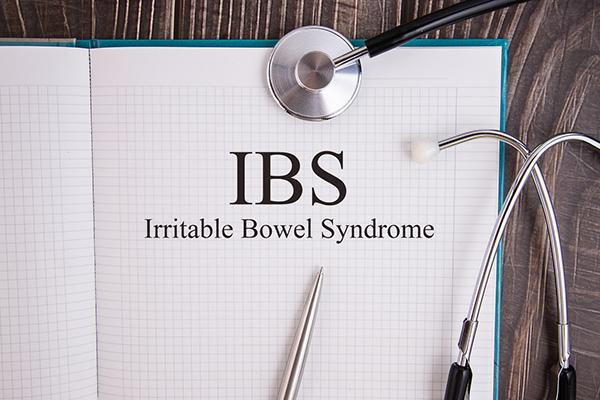
Irritable bowel syndrome is a common disorder frequently found in Western countries. It may affect as many as 20% of the population. For 10%, it affects their quality of life so much that they seek medical attention. This article will discuss IBS symptoms, causes, diagnosis, and more.
IBS Symptoms
The cause of IBS has been hard to pin down precisely because it differs from person to person. However, here is a list of its most common symptoms.
- Abdominal pain (Can Be Chronic)
- Bloating
- Diarrhea
- Constipation (Can Be Chronic)
- Discomfort During Bowel Movement
Common IBS Causes
Stress: Stressful events such as time changes, moving, or a death in the family may affect IBS symptoms.
Food Sensitivities: About 30% of people diagnosed with IBS are sensitive to certain foods that cause bloating and discomfort. The common culprits are wheat, dairy, caffeine, alcohol, legumes (beans), chocolate, citrus fruits, nuts, fried foods, fatty foods, tomato juice, eggs, and artificial sweeteners.
Abnormal gut flora: This means having an imbalance in your digestive system in terms of good to harmful bacteria levels in your gut. This is thought to contribute to decreasing motility (the movement of food through your digestive system), resulting in constipation or diarrhea.
Small intestinal bacterial overgrowth (SIBO) - This is essentially the same thing as abnormal gut flora but refers explicitly to bacteria levels in your small intestine.
Intestinal inflammation: Some theories identify this as a cause of IBS. It may be that food sensitivity or stress trigger an immune response that causes intestinal inflammation, leading to diarrhea.
Genetic factors: Two genes have been identified with IBS, one of which affects serotonin levels, and the other affects the nerves controlling the muscles in your intestine.
Visceral hypersensitivity: Visceral is another word for internal organs such as your intestines. So visceral hypersensitivity is heightened awareness of what is going on inside your internal organs. This is what typically leads to the pain and discomfort associated with IBS.
IBS Diagnosis Typically Falls Within Three Types
These are IBS' three most common types: IBS-C (Constipation-Predominant), IBS-D (Diarrhea Predominant), or IBS-M (Mixed Constipation And Diarrhea-Predominant).
Although IBS is not life-threatening, it can be challenging to deal with at work and in social activities due to fear of accidents. It may even cause depression or anxiety.
Treatments Available For IBS
First of all, you should gradually increase your fiber intake. This might reduce symptoms by making bulkier stools easier to pass through your digestive system.
If increasing your fiber doesn't help, you should reduce the amount of gas-producing foods in your diets, such as beans and cabbage.
Avoid milk products, as these may cause stomach bloating. Try eliminating certain other trigger foods, such as those containing sugar or caffeine, and then reintroduce them one by one to see if they are a problem for you.
Also, because stress relief is essential for IBS sufferers, it's recommended that you try yoga and meditation and take up other relaxing activities like listening to music.
However, you should consult your doctor before making any changes to your diet, as some diets can worsen IBS symptoms.
Finally, certain prescribed and over-the-counter medications can help. A few of these medications, such as laxatives or antidiarrheal drugs; can help with IBS symptoms.
GI Associates Located Throughout Wisconsin
Suppose you find that your IBS is severely impacting your quality of life. In that case, GI Associates located throughout Wisconsin can offer assistance. Our professional staff can help you get your IBS under control. Contact us to set up an appointment today.
